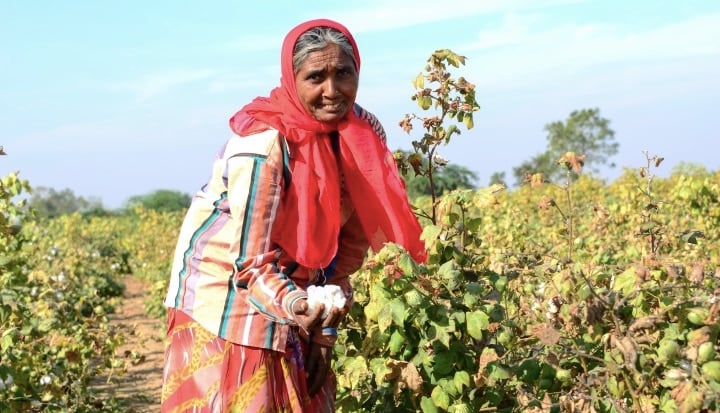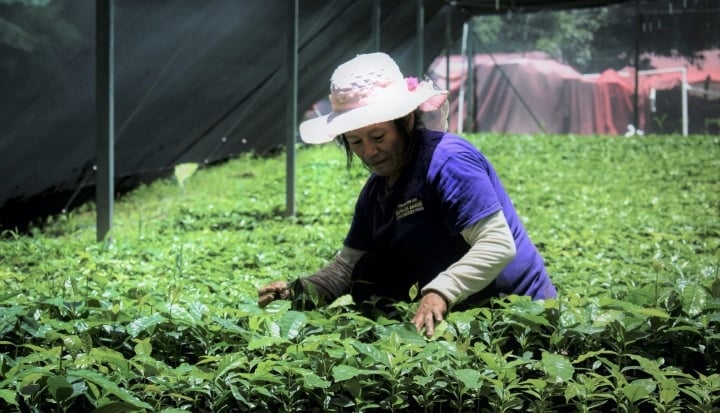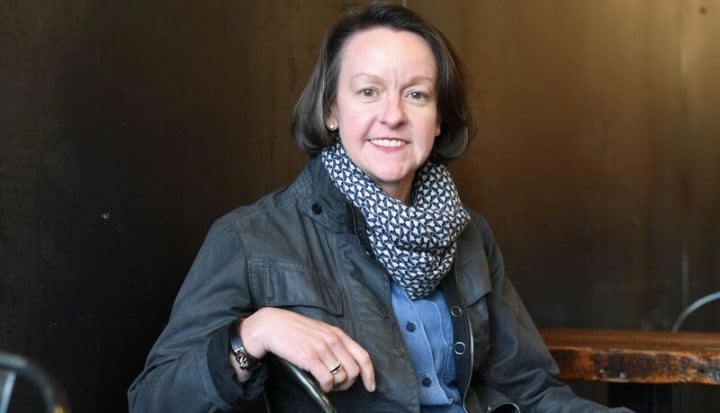At Business Fights Poverty we’ve delved into how intertwined Resilience, Equity and Opportunity are in our fight for climate justice – access Climate Justice Summit resources. As youth activist Xiuhtezcatl Martinez said, “The planet doesn’t need saving, we do”, and so taking a people-centred approach towards the Climate Crisis is the necessary way forward. I think 2022 is the year in which we can harness the momentum generated from the desperation, anger and anxiety felt, to bring people together and work towards regenerating the land and our communities.
At CottonConnect, this perspective is the motto they work with. They reimagine the future for supply chains working with cotton by creating fair and sustainable approaches for the environment and farmers. To discover how valuable regenerative agriculture is, and how companies, NGOs and farmers are utilising this approach to create profit, gender-inclusivity and climate resilience, have a read below and engage with content produced by our team at Business Fights Poverty and content partners such as Cotton Connect, Practical Action, The Rainforest Alliance, Root Capital and Mars.
The first 2 articles have been featured by Cotton Connect’s CEO Alison Ward, because they are important “from the perspective of its focus on women farmers and regenerative as an evolving practice”.
A day in CottonConnect’s Women in Cotton programme: Practical training, tangible changes
An insightful and observable example of how caring for the people behind the work, especially women, can help rebuild better and improve the resilience of wider communities. Written by field coordinator Rizwana Jameel.
Taking a people-centred approach to climate action in cotton farming
The Head of Farm Operations at Cotton Connect, Hardeep Desai, denotes the importance of working on long-term solutions by listening to the farmers, providing education and creating partnerships.
Looking ahead to 2022: Climate Justice, Food Systems and the Private Sector
Practical Action’s CEO Sarah Roberts collated their top resources. Read about how they are tackling climate justice amongst food supply chains, such as by partnering with IKEA to help improve the livelihoods of farmers and protect the environment using agroecology. You can also listen to their podcast featuring project manager Oliver Furechi and farmer Evalyne Akoth, who discuss the importance of bridging gaps and innovation in the fields of agriculture and conservation. Evalyne provides us with her personal experience of tackling these challenges by converting to regenerative agriculture.
It’s time to scale up regenerative agriculture: a win-win for companies, food farmers and our environment
The Rainforest Alliance illustrates what scaling regenerative agriculture should look like, and how this can be the answer for food production security alongside the opportunity for farmers and nature to thrive.
Leveraging the Power of Small Agricultural Businesses to Address Climate Change and Gender Equality
A women centred initiative to strengthen both gender inclusion and climate resilience in agriculture. Read about Root Capital and Value For Women’s joint forces in evaluating the positive impact of providing Gender Equity Grants and their recommendations to improve the efficacy of such actions.
Podcast with Lisa Manley
Listen to this informative conversation with the Global Vice-President of Sustainability at Mars on the work they have done to address poverty and gender equality in global agricultural supply chains. Lisa Manley also provides explanations on how to deliver positive impact in the world of business.
Report: Enhancing the Livelihoods of ‘Hidden Women’ in Global Smallholder Value Chains
A thought-provoking summary paper delving into the responsibility of companies and their partners in recognising, valuing and enhancing the role of women in our global food supply systems.

















One Response
Great work on your blog post! It was evident that you put a lot of effort into researching and crafting the content. I found it to be engaging and informative. To delve deeper into this topic, click here.